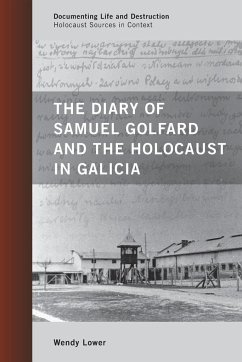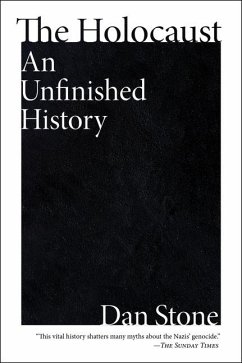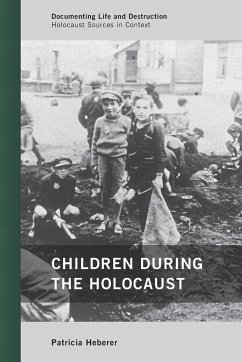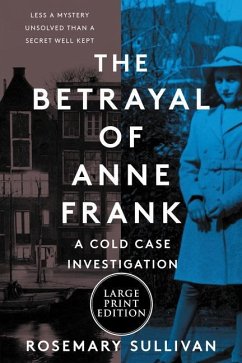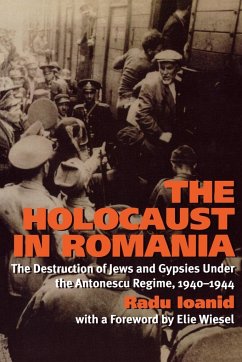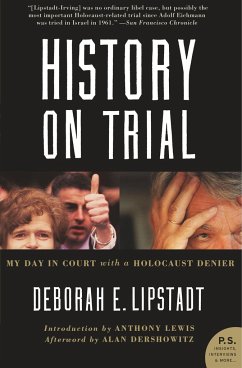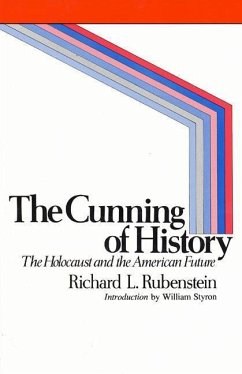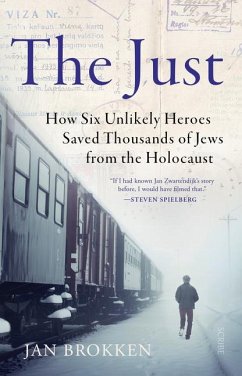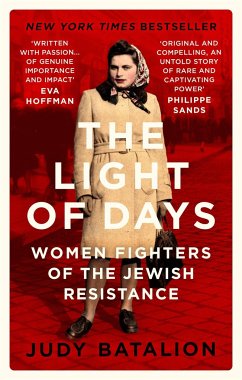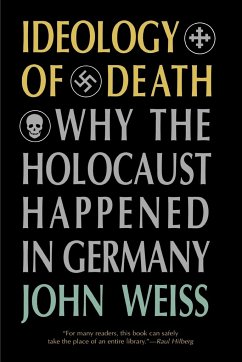Nicht lieferbar
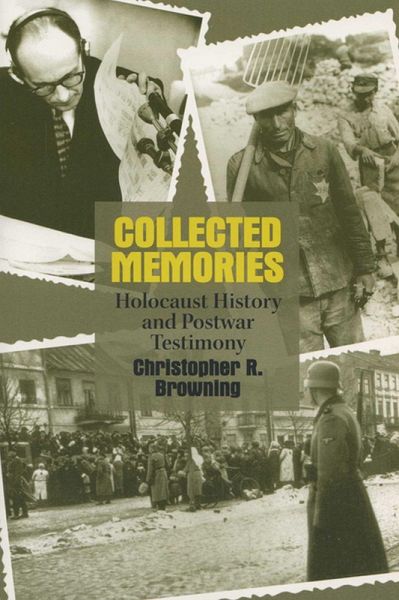
Collected Memories: Holocaust History and Postwar Testimony
Versandkostenfrei!
Nicht lieferbar
Christopher R. Browning addresses some of the most heated controversies surrounding the use of postwar testimony: Hannah Arendt's uncritical acceptance of Eichmann's self-portrayal; the conviction of Ivan Demjanjuk on the basis of survivor testimony and its subsequent reversal by the Israeli Supreme Court; the debate in Poland sparked by Jan Gross's use of both survivor and communist courtroom testimony in his book "Neighbors; and the conflict between Browning and Daniel Goldhagen, author of "Hitler's Willing Executioners, regarding the use of pre-trial testimony. Despite these controversies a...
Christopher R. Browning addresses some of the most heated controversies surrounding the use of postwar testimony: Hannah Arendt's uncritical acceptance of Eichmann's self-portrayal; the conviction of Ivan Demjanjuk on the basis of survivor testimony and its subsequent reversal by the Israeli Supreme Court; the debate in Poland sparked by Jan Gross's use of both survivor and communist courtroom testimony in his book "Neighbors; and the conflict between Browning and Daniel Goldhagen, author of "Hitler's Willing Executioners, regarding the use of pre-trial testimony. Despite these controversies and challenges, Browning delineates the ways in which the critical use of such problematic sources can provide telling evidence for writing Holocaust history.




